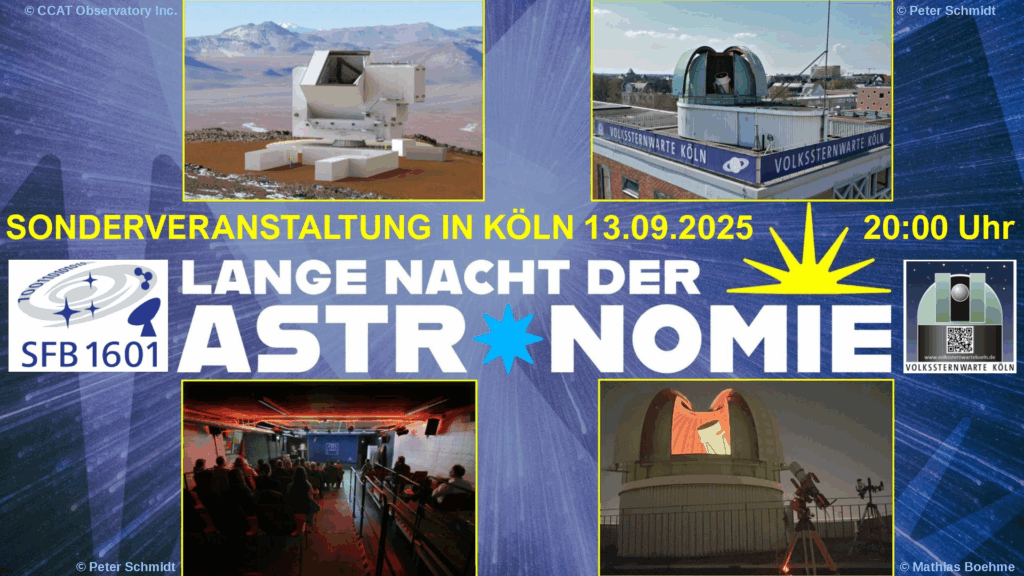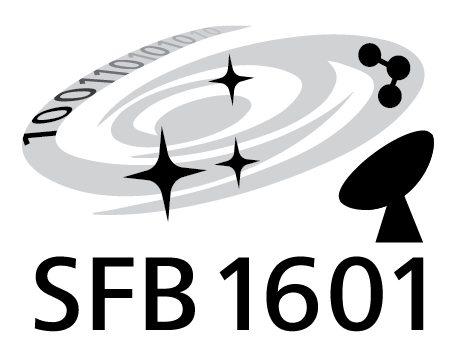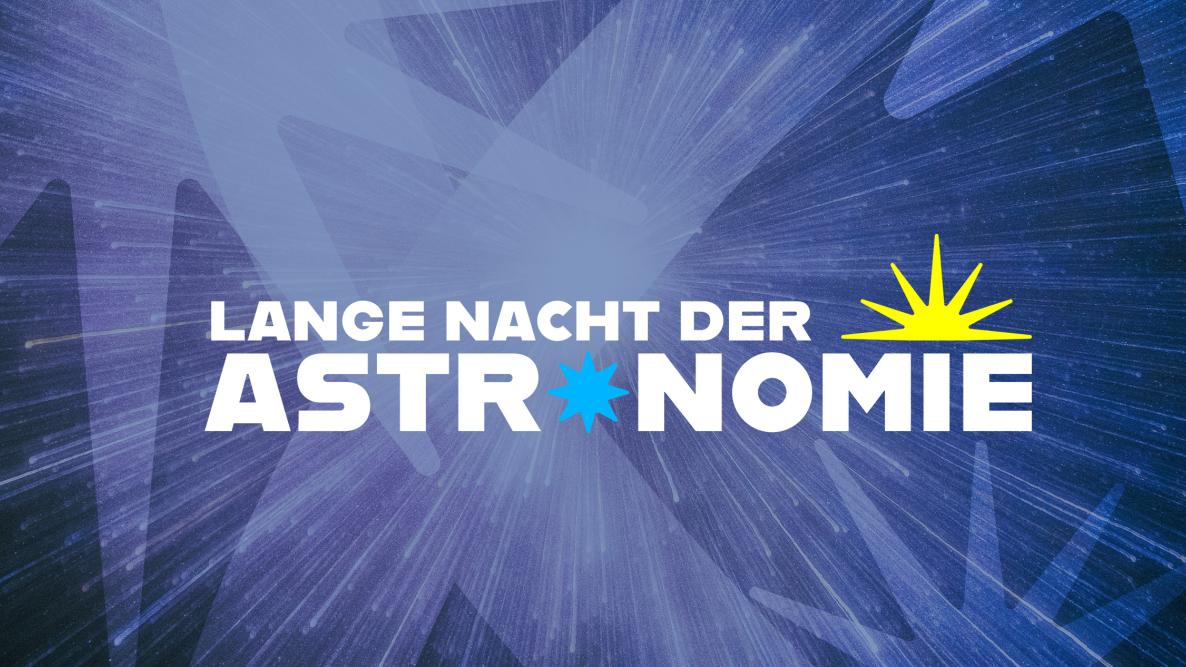SOLD OUT!
Beobachten, staunen, erleben – das Universum entdecken mit der bundesweiten Langen Nacht der Astronomie!
In der Langen Nacht der Astronomie laden die Stiftung Planetarium Berlin, die Gesellschaft Deutschsprachiger Planetarien und die Vereinigung der Sternfreunde gemeinsam mit zahlreichen astronomischen Einrichtungen deutschlandweit dazu ein, mit einem abwechslungsreichen Programm die Begeisterung für die Astronomie zu teilen.
In cooperation with the Public Observatory Cologne an exciting program for the Long Night of Astronomy was held in September.
https://www.instagram.com/p/DOjroUEDWgT/?img_index=5
20:00 Uhr Lecture: FYST – The new Fred Young Submillimeter Telescope
At an altitude of 5,600 meters on the Cerro Chajnantor mountain in the Chilean Atacama Desert, one of the most modern radio teleascopes in the world is being built in the design of a giant webcam the size of a house. Measuring 6 meters across, the FYST will provide insights into the birth of the first stars after the Big Bang and the formation of stars and galaxies. Speaker: Prof. Dr. Dominik Riechers (University of Cologne)
20:00 o’clock: Visit of the Observatory
In clear weather, observation of the ringed planet Saturn and objects in our Milky Way with the telescopes of the observatory on the terrace.
21:00 o`clock: Visit of the Observatory and planetarium presentations
In cloudy weather, a tour of the observatory with the 60cm Cologne large telescope alternating with a planetarium presentation about the objects in the Cologne sky on 13.09.2025.
(An event for the whole family including children aged 10 and over.)
Additionally, a lego model of the FYST telescope will be presented and visitors will have the opportunity to observe the sky through several small telescopes on the roof terrace of the observatory.


Complete program of the nation-wide3 event: https://www.lange-nacht-der-astronomie.de
Videostream schedule:
- 19:00-19:45: Exoplaneten – Welten um andere Sterne
- 19:00 Uhr: Eröffnung und Begrüßung aus Berlin
- 19:05 Uhr: „Astronomisches ABC: Exoplaneten“; Dr. Fabio Lesjak, Dr. Iva Vilović; Leibniz-Institut für Astrophysik Potsdam
- 19:08 Uhr: „Wohin Auswandern? Bewohnbare Exoplaneten“; PD Dr. habil. Volker Ossenkopf-Okada, Uni Köln
- 19:37 Uhr: Walter Hohmann, Raumfahrtpionier“; Peter Gärtner, Walter-Hohmann-Sternwarte Essen
- 19:45-20:30: Das Vera-Rubin Teleskop in Chile und das Weltraumteleskop Euclid
- 19:48 Uhr: „Das Vera Rubin Teleskop“; Dr. Markus Hundertmark, Astronomisches Rechen-Institut, Zentrum für Astronomie der Universität Heidelberg
- 20:00 Uhr: „Eindrücke und Neues vom Vera Rubin Teleskop“, Dr. Björn Voss, Planetarium Hamburg
- 20:22 Uhr: „Das Euclid Weltraumteleskop“; Klara Bertmann, Astronomisches Institut der Ruhr-Universität Bochum
- 20:30-21:00: Amateurastronomie und Bürgerwissenschaft / Citizen Science
- 20:39 Uhr: „Astronomisches ABC: Teleskope“ und Astronomische Aufnahmen der Sternfreunde Berlin e.V.
- 20:44 Uhr: „Citizen Science“; Unistellar
- 21:00-21:30: Podiumsdiskussion live aus Berlin mit Vertretern des Deutschen Zentrums für Luft- und Raumfahrt, des Deutschen Zentrums für Astrophysik und des Leibniz-Instituts für Astrophysik, moderiert von Tim Florian Horn
- 21:30-22:30: »Astronomisches ABC« und Vortrag »Von Sternen und Märkten«
- 21:43 Uhr: „Astronomisches ABC, Asteroiden“, „Astronomisches ABC, Umlaufbahn“, „Astronomisches ABC, Cepheiden“; Asteroiden und Cepheiden: Dr. Carolin Liefke, Haus der Astronomie, Heidelberg; Umlaufbahnen: Alexander Putz, Sternfreunde Berlin
- 21:52 Uhr: „Sterne und Märkte“; Udo Siepmann, Walter-Hohmann-Sternwarte Essen
- 22:13 Uhr: Astronomische Aufnahmen der Sternfreunde Berlin
- 22:16 Uhr: „Astronomisches ABC: XXM-Newton“, „Astronomisches ABC: Zwerggalaxien“; XXM: Dr. Iris Traulsen, Leibniz-Institut für Astrophysik Potsdam; Zwerggalaxien: Dr. Marcel Pawlowski, Leibniz-Institut für Astrophysik Potsdam

